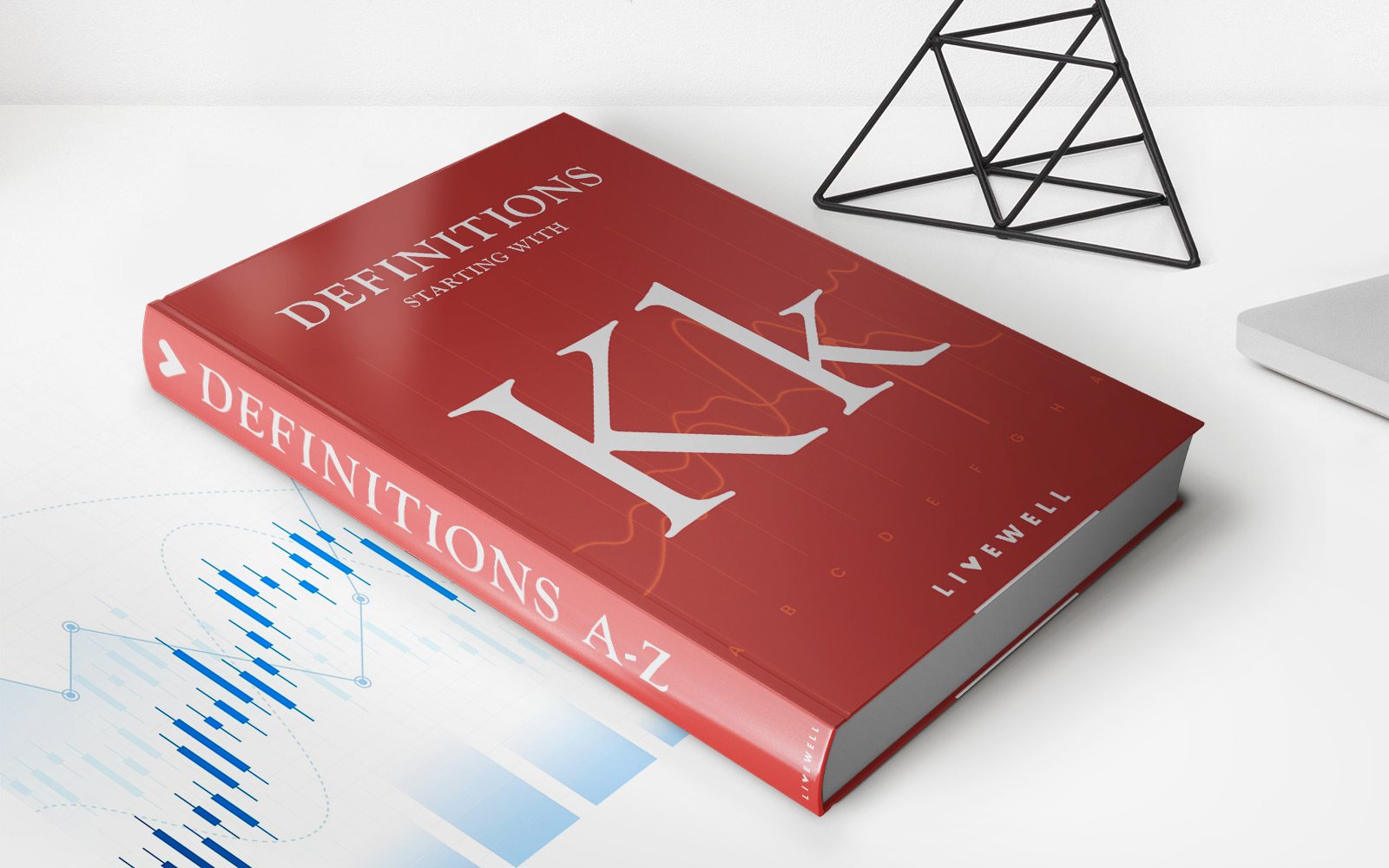Home>Finance>Kickback Definition, How It Works, And Examples


Finance
Kickback Definition, How It Works, And Examples
Published: December 15, 2023
Learn the meaning of kickback in finance, discover how it works, and explore real-life examples. Understand the potential impacts and implications of this unethical practice.
(Many of the links in this article redirect to a specific reviewed product. Your purchase of these products through affiliate links helps to generate commission for LiveWell, at no extra cost. Learn more)
Kickback Definition: Understanding the Ins and Outs
Welcome to our finance category, where we delve into various financial topics to help you navigate the complex world of money and investments. In this blog post, we will be discussing kickbacks, their definition, how they work, and providing some examples to illustrate the concept. Whether you’re new to the finance industry or simply seeking to expand your knowledge, we’ve got you covered.
Key Takeaways:
- Kickbacks refer to undisclosed payments or incentives given to individuals in exchange for favorable treatment or referrals.
- They can occur in various industries and are often considered unethical or illegal.
Now, let’s dive deeper into the world of kickbacks. In simple terms, a kickback is an undisclosed payment or incentive given to someone in exchange for favorable treatment or referrals. It can be viewed as a form of bribery or corruption, as it often involves providing financial incentives to individuals who have the power to influence business decisions.
So how do kickbacks work? Let’s walk through a hypothetical example to illustrate the concept:
Imagine you’re a homeowner looking to remodel your kitchen. You hire a contractor to oversee the project, trusting them to make decisions and source the necessary materials. Unbeknownst to you, the contractor has an agreement with a specific supplier that includes a kickback arrangement. For every purchase made from that supplier, the contractor receives a percentage of the total cost as a kickback. This creates a conflict of interest, as the contractor may choose the supplier who offers the highest kickback rather than the one who provides the best quality materials at a fair price.
As mentioned earlier, kickbacks are often seen as unethical or illegal. They can damage trust, distort fair competition, and compromise the overall integrity of business transactions. Many countries have laws and regulations in place to prevent and punish kickback schemes, with severe penalties for those involved.
Here are a few real-life examples of kickbacks:
- In the healthcare industry, pharmaceutical companies may offer kickbacks to doctors who prescribe their medications over competitors.
- In government contracts, contractors may provide kickbacks to officials in exchange for securing lucrative deals.
- In the financial sector, kickbacks may involve brokers receiving undisclosed commissions for pushing certain investment products to their clients.
It’s important to note that kickbacks can be challenging to detect as they often occur behind closed doors and involve collusion between the parties involved. However, regulatory bodies and strict compliance measures are continually working to uncover and prevent such unethical practices.
In conclusion, understanding the kickback definition and how they work is vital in today’s financial landscape. By being aware of these unethical practices, you can make informed decisions, protect your interests, and contribute to a more transparent and fair business environment.
Thank you for joining us in exploring this topic today. We hope this article has shed light on kickbacks, their definition, how they work, and provided valuable examples. Stay tuned for more informative content in our finance category!














